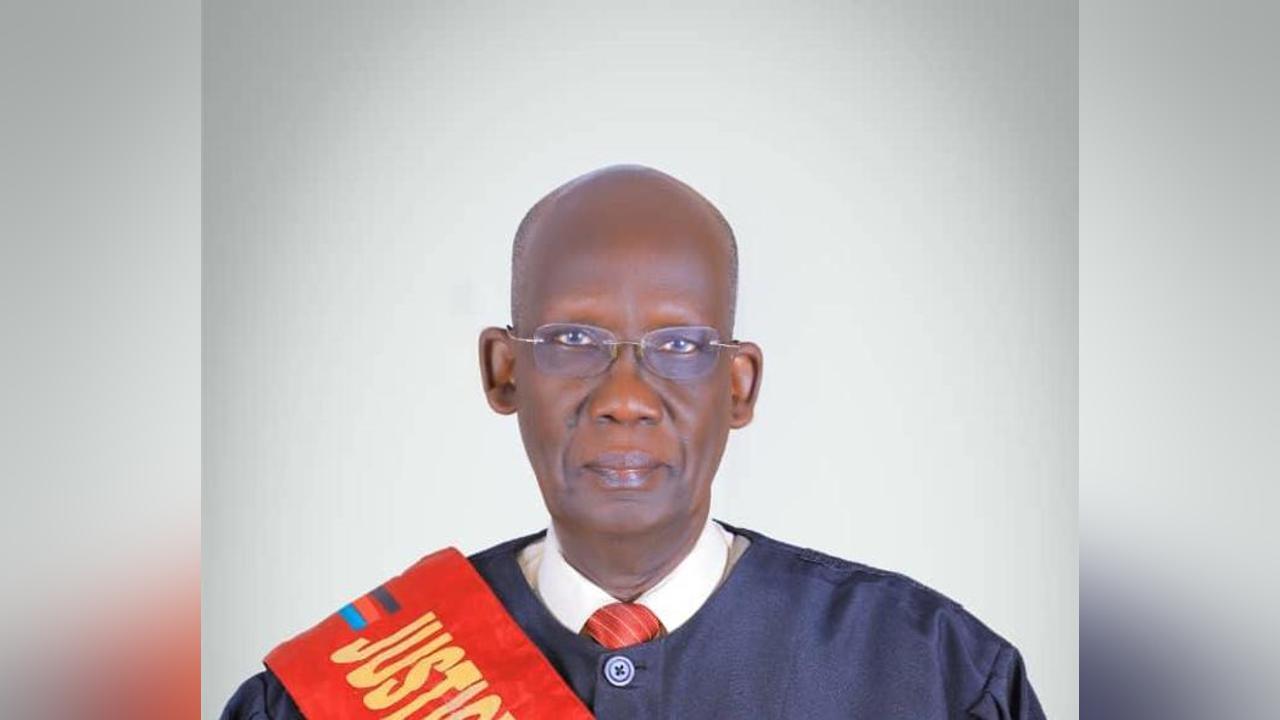Africa-Press – South-Sudan. South Sudan’s newly appointed Chief Justice, Dr. Benjamin Baak Deng, has unveiled his reform priorities for the country’s judiciary, including the long-awaited promotion of judges, investment in digital infrastructure, and the development of a new strategic plan.
Speaking at a formal reception held on Wednesday, June 4, in Juba for himself and Deputy Chief Justice Laku Tranquillo Nyumbe, Chief Justice Dr. Chan Reec Madut acknowledged the institutional challenges facing the judiciary and affirmed his strong commitment to addressing them.
“Yesterday, [Tuesday, June 3] the Judicial Service Commission approved the promotions of judicial officers—some of whom were recommended even before I assumed office,” he said.
“We will also address the delay in internet connectivity, digitization, and automation systems, while preparing to confront the emerging threat posed by artificial intelligence to judicial jobs.”
He noted that most East African countries have already embraced digital case management systems, and emphasized that South Sudan must modernize its judiciary to keep pace.
A committee has also been formed to review and update the judiciary’s existing strategic plan, with discussions on its relaunch scheduled for June 5th.
Meanwhile, a leading human rights advocate has called on Chief Justice Deng to urgently address the growing case backlog in the courts.
Deng John Deng, Director of the African Centre for Legal and Human Rights Studies, pointed to the acute shortage of judges as a major bottleneck.
He stressed that under Article 125 of the Transitional Constitution (Amendment 2024), the Supreme Court should consist of 11 members, comprising the Chief Justice, Deputy Chief Justice, and nine other justices. However, the court currently has only four judges, leaving it seven members short.
Deng urged the Chief Justice to prioritize judicial promotions, including moving qualified judges through the ranks from County Courts to the High Court, Court of Appeal, and ultimately the Supreme Court.
He also recommended appointing experienced legal professionals from outside the judiciary, with at least 15 years of legal practice.
For More News And Analysis About South-Sudan Follow Africa-Press






